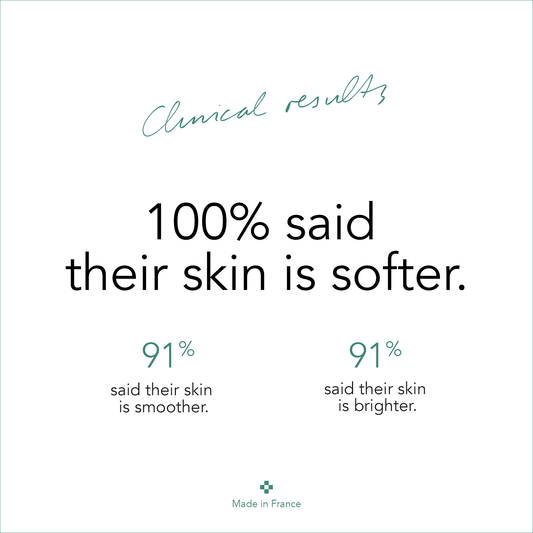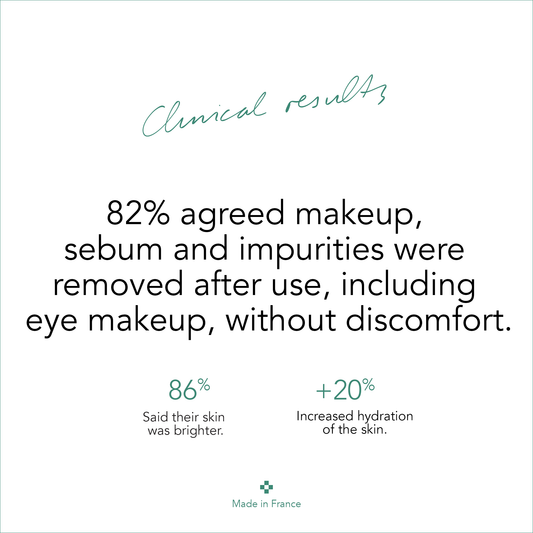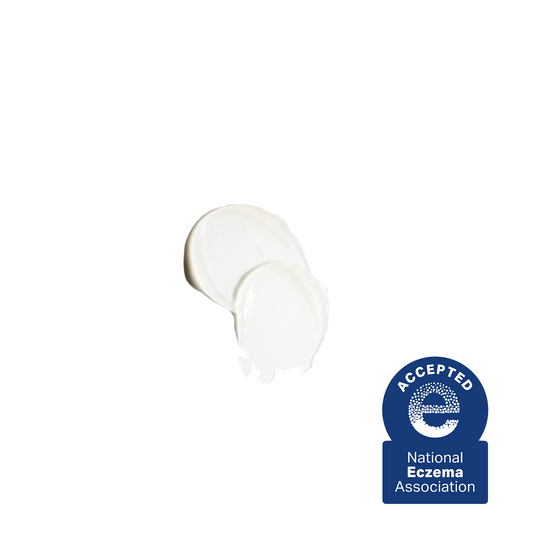The older we get, the more we (begrudgingly) accept the importance of sleep. We all know the "get eight hours a night" mantra, but what we're learning is that there is SO much more to achieve the sleep of your dreams. Believe it or not, your sleep hygiene doesn't start when your head hits the pillow. Prepping for a good night of sleep starts the minute you open your eyes in the morning. We've collected our favorite tried and trusted tips for a good night's sleep. Sweet dreams!
1/ Get direct sunlight light in your eyes within the first hour of waking up.
Within an hour of waking we urge you to get direct sunlight into those gorgeous eyeballs of yours. Not through glass or any other protection, but direct squinty eyes in the sun. Why is this so vital to your sleep? It helps to regulate your natural patterns of sleep and wakefulness (also known as your circadian rhythm) by aiding in the production of cortisol and increasing serotonin, another important hormone that aids in sleep.
2/ Stop caffeine consumption 10 hours prior to your bedtime.
Your body will have peak caffeine levels about one hour after consumption, and it can stay at that high level for several hours after consumption. Six hours after caffeine is consumed, half of it is still in your body and it can take up to 10 hours for the caffeine to completely clear your bloodstream. So if you're having a cup of coffee at 4pm to finish out your day's work, the caffeine will have overstayed its welcome and finally be leaving your body around 2am, not ideal for your sleep.
3/ If you're going to drink, think about having a glass of wine at lunch.
Seriously. Booze contains sugar. Sugar wakes us up (and keeps us up) at night. You want all the liquor to be fully metabolized out of your body by the time your head hits the pillow. So if you're thinking of having a glass of wine today, do it like the French and have a glass of sancerre at lunch.
4/ Take a walk at dusk.
Ideally after diner. Not only will the walk help digest your food, leading to a happier gut and sleep, but you want to fill your retinas up with low solar angle light. When the sun is low in the sky, the light it emits starts to cue your body to shut down for the day, again playing into that circadian rhythm we're trying to get back in touch with. Bonus: low solar angle light helps to combat any blue light that you see after the sun goes down.
5/ Speaking of blue light—avoid it at night. Please.
Light exposure at night causes disruptful sleep because it hinders the transitions between sleep cycles. On an average night, you go through four to six sleep cycles, each with various stages of sleep (including both rapid eye movement (REM) and non-REM sleep). Too much exposure to light leads to repeated awakenings, thus interrupting your sleep cycles and the time spent in deep, restorative sleep. Once you start putting your phone away after dinner and sleeping in a dark room, we swear you'll never go back.
6/ The myth of four hours.
"I only need four hours." How many high performing people do you know have said this to you? Okay, it is true. There is a select part of the population that needs less sleep. But that percentage of the population is 1% (!!!!). That's it. And they only need 4 hours due to a mutation in a gene called ADRB1. So let's just go ahead and assume that you're not a part of that population and get yourself on the good sleep train.












